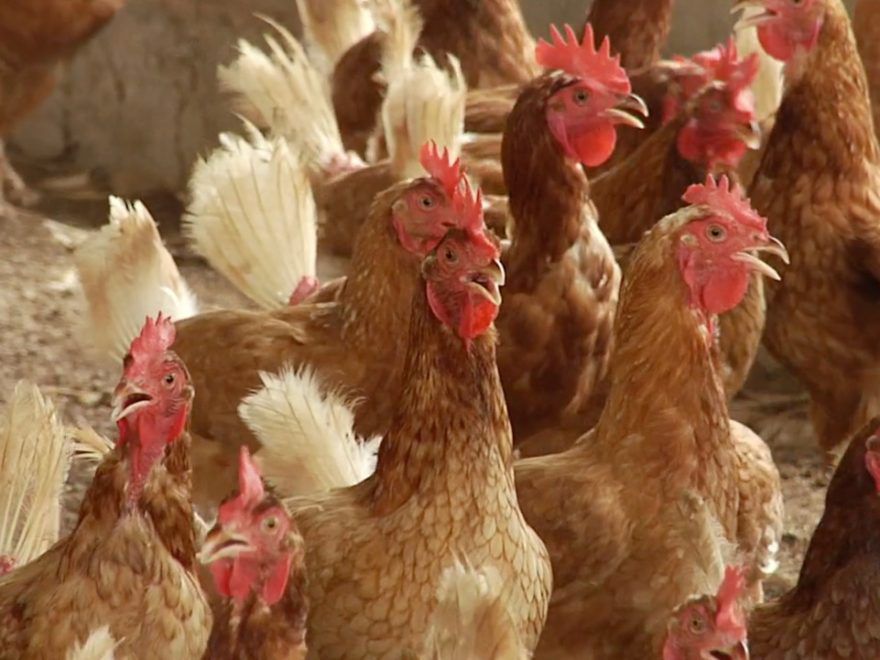Avian flu alert bans poultry imports from 60 countries

The Ministry of Agricultural Development (Mida) issued a zoosanitary alert on Thursday, March 24, due to the possible risk of Highly Pathogenic Avian Influenza (HPAI) entering Panama, which was detected in Canada and the United States.
The Mida authorities indicated that they have increased vigilance in the face of the outbreak because the poultry breeding stock of Panama comes mainly from the United States.
A resolution signed by the Concepción Santos Sanjur, Mida’s national director of animal health, bans “the importation of live birds and any product, by-product or genetic material of poultry origin from countries affected with Highly Pathogenic Avian Influenza (HPAI)”.
The document clarifies that the measure is temporary until “the animal health status of the affected countries is once again re-established by the World Organization for Animal Health (OIE)”.
In addition, the Mida requests the executive direction of Agricultural Quarantine “extreme biosecurity and epidemiological surveillance measures, at the points of entry into the country (sea, air and land ports) and reinforce surveillance in the internal movement of live birds between the different animal health zones.
Avian influenza manifests in birds with fever, depression, lack of appetite, sneezing, bloody nasal discharge, diarrhea, puffiness with purplish or purplish discoloration of the comb, eyes, chin, ruffled plumage, tremors, weakness, incoordination, huddling, and decreased egg production, as well as eggs with or without soft shells.
It is estimated that this disease currently affects more than 60 countries in the world.





